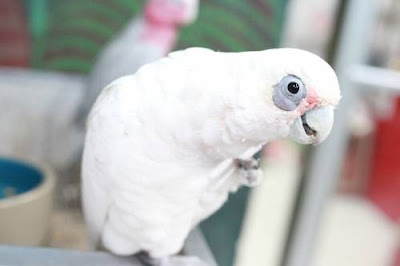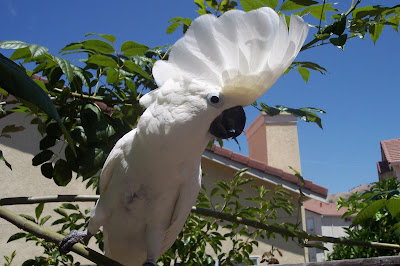Major Mitchell's Cockatoo birds

Major Mitchell's Cockatoo birds Major Mitchell's Cockatoo Species Profile Traits: Major Mitchell's cockatoos are strikingly beautiful parrots. Females tend to be more docile than males of this species and therefore tend to make better pets. Major Mitchell's cockatoos are inquisitive and will explore everything in the house, and therefore need to be given safe opportunities to explore, play and chew. Like most cockatoo species, Major Mitchell's cockatoos demand a lot of attention and they let their owners know it. When given structured attention, this species makes a very affectionate pet. Behavior/Health Concerns: Like many cockatoo species, Major Mitchell's cockatoos can be destructive chewers, and for this reason should not be permitted to roam the house unsupervised. They are very active and need a pet bird cage large enough for them to fully spread their wings. They can learn to open cages, so escape-proof latches may be necessary. Mal...






